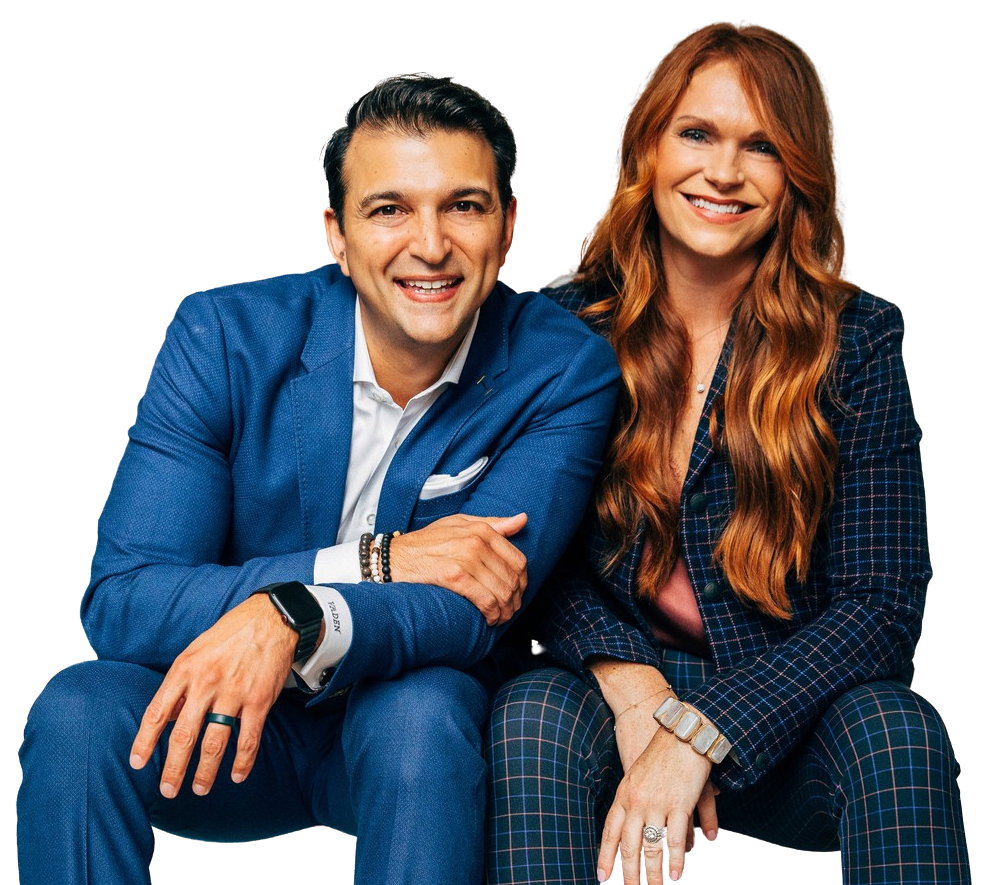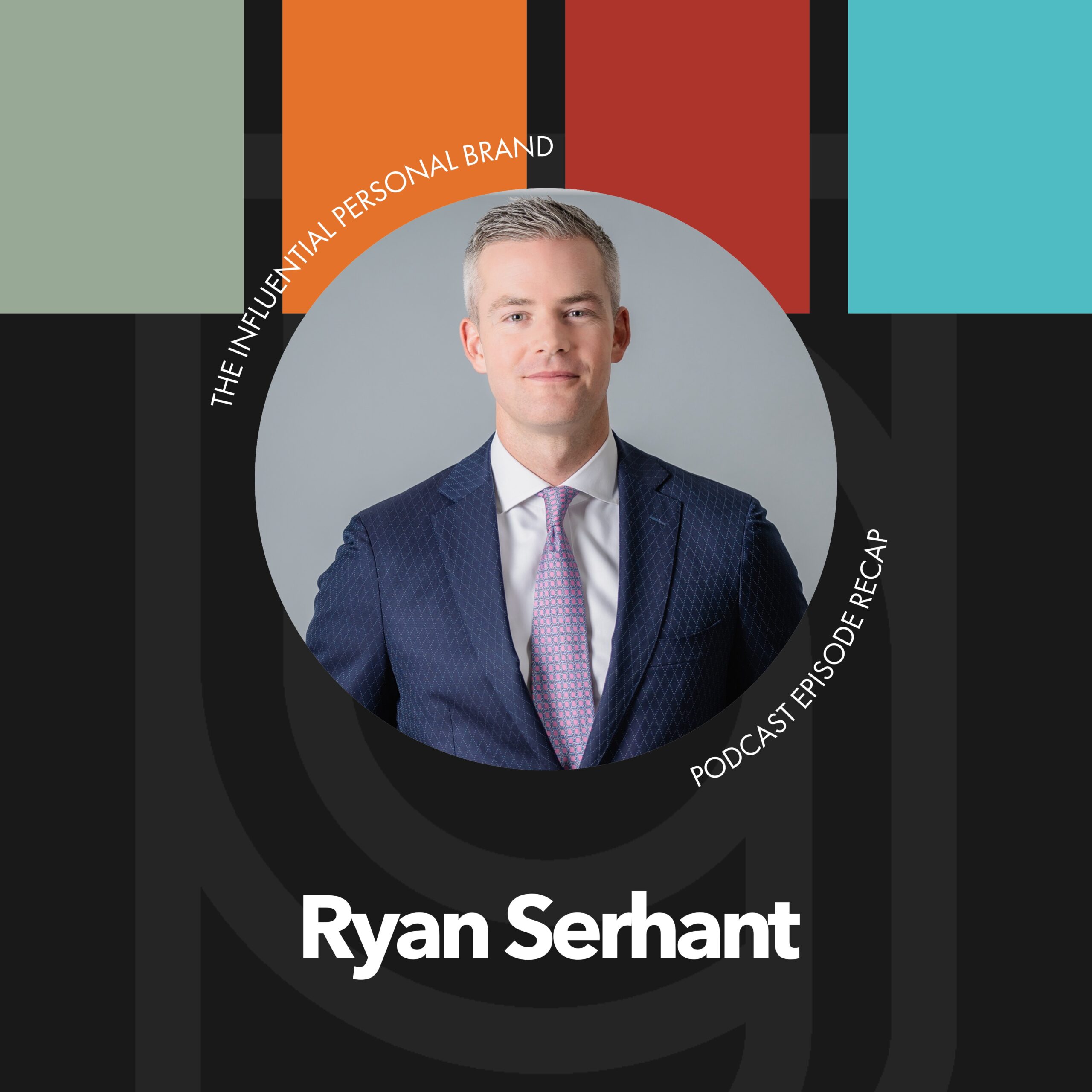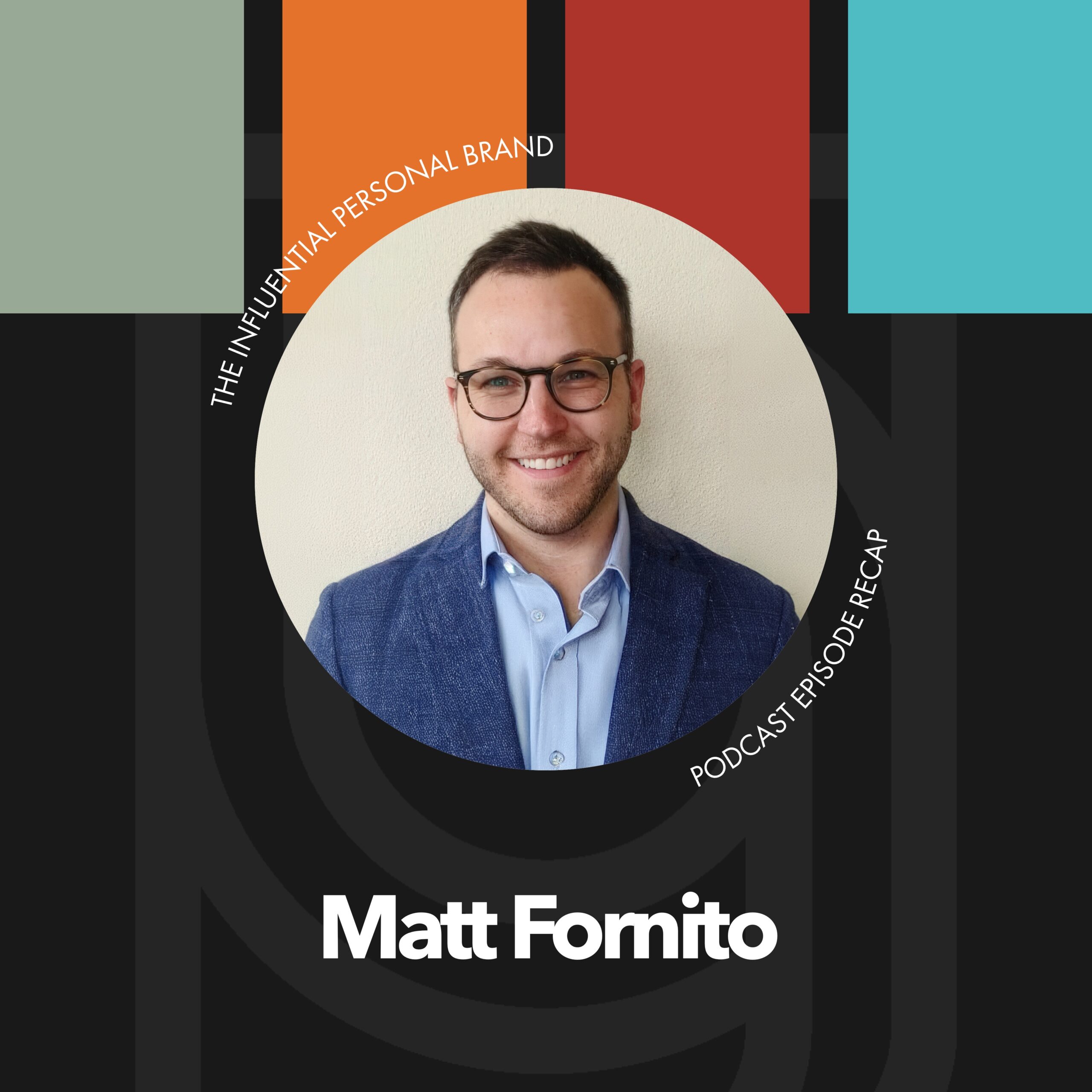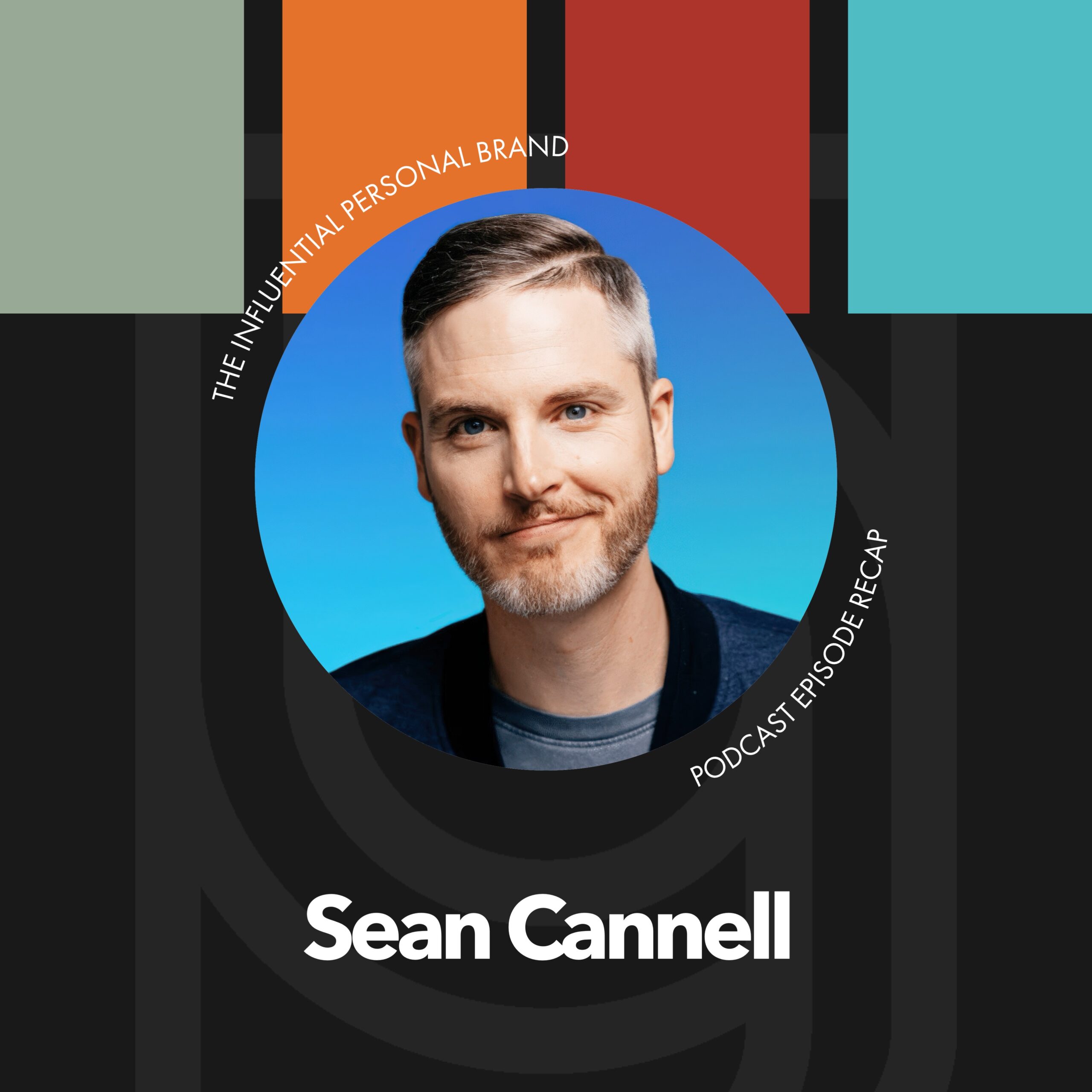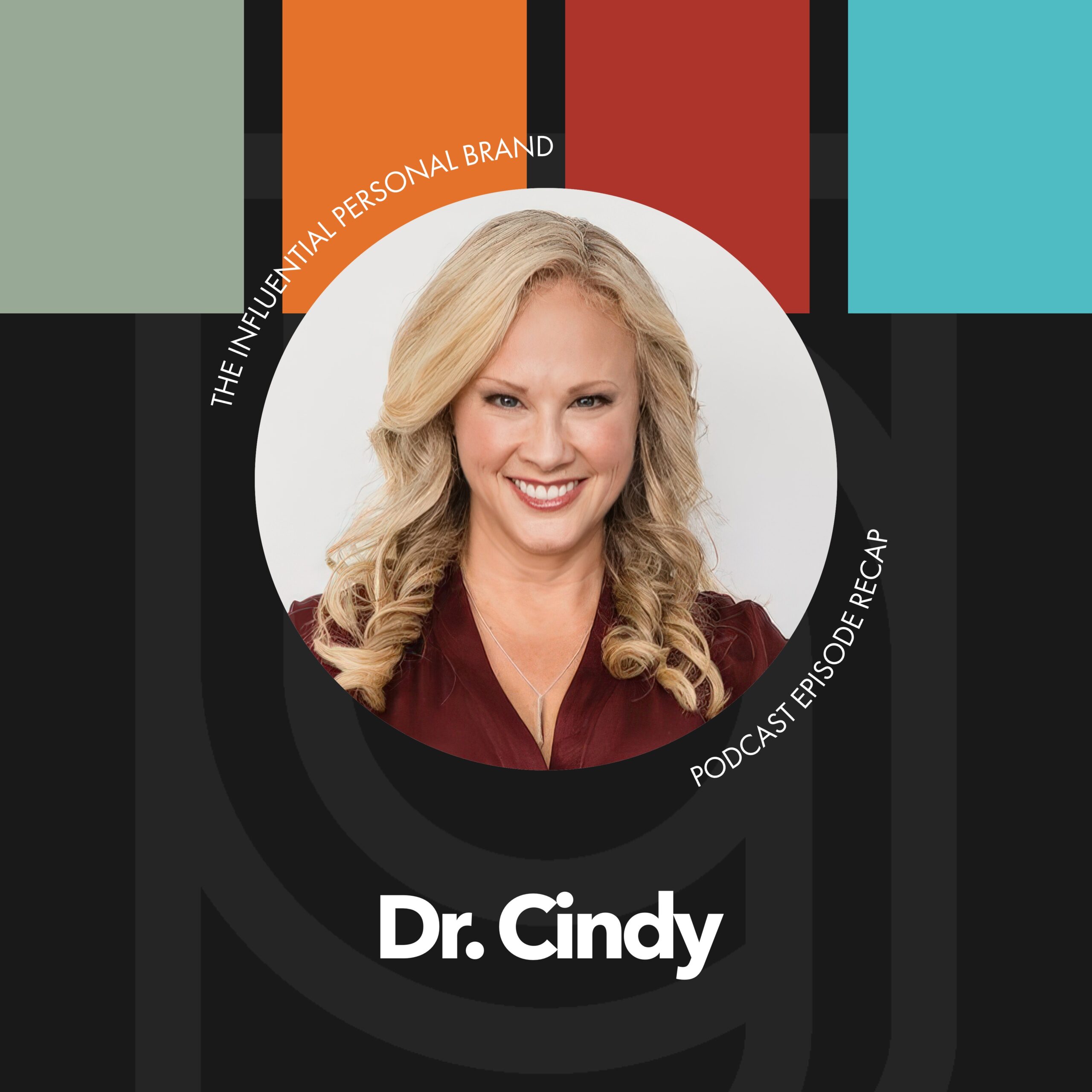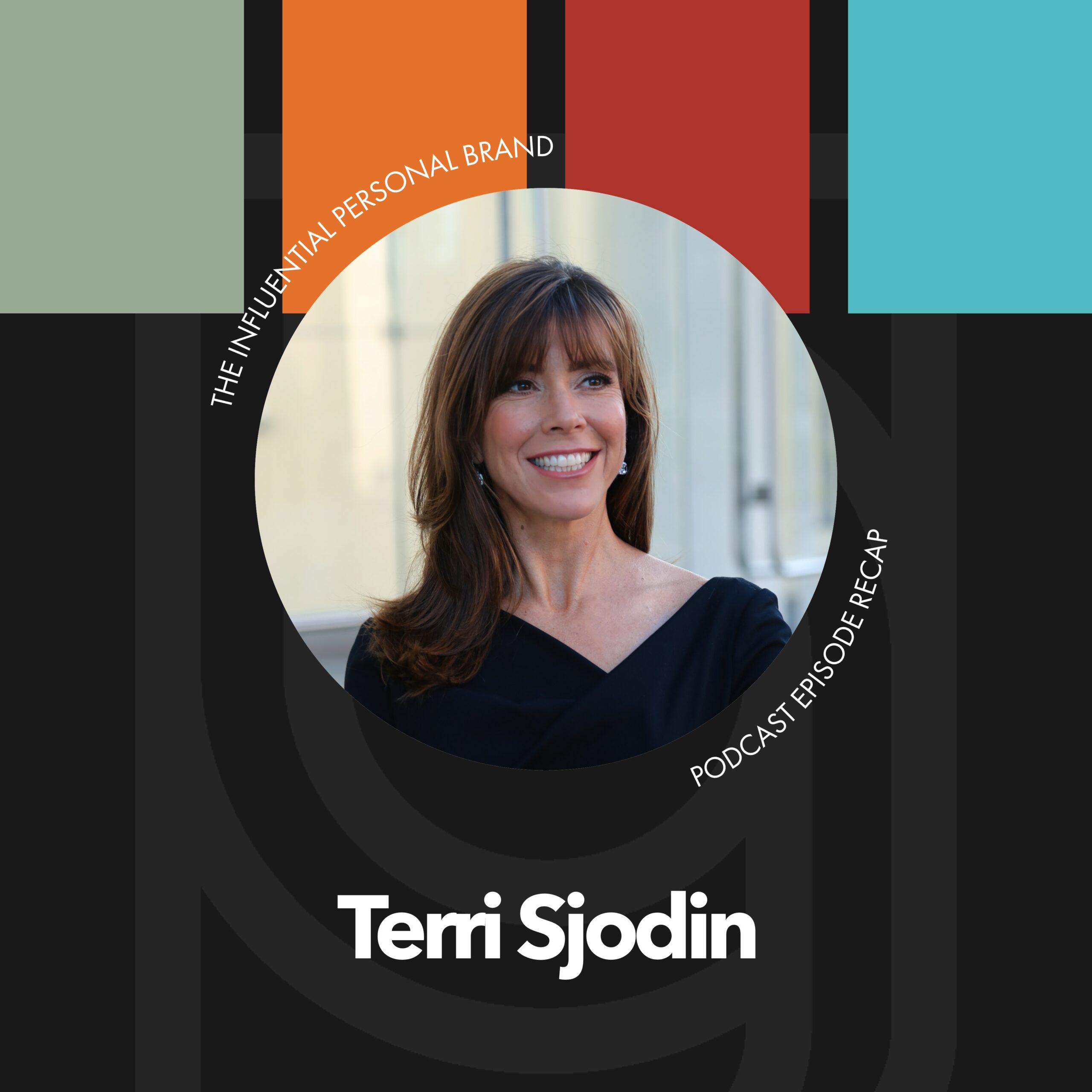AJ: (00:06) [Inaudible] RV: (00:06) Hey, welcome to the recap edition of the influential personal brand podcast, breaking down the interview with our friend Michael Hyatt, who got real and totally transparent with us about his personal brand journey and his business. And just awesome. So I’m going to turn it over to my wife and our CEO. AIJ and give us your thoughts. What was your, what were your three big takeaways or your first, AJ: (00:33) Well, one, I love Michael Hyatt and I enjoy all interviews with Michael Hyatt. He is such, he has such a depth of knowledge and a real life expertise and experience that he is just, he is one worth learning from so always really excited to listen to anything that Michael does. But I’ll start with my, I’ve got my three points here. So I’ve been really good about taking notes. I’m doing them. Okay. Number one, this is the, this was important for me, cause I felt like you just don’t hear enough about it these days is that nothing is more important than your email list. Nothing. And I feel like so many times in today’s social media driven world all we hear about is how many followers do you have or how many fans do you have and how many likes and what’s your social engagement. AJ: (01:26) And not that that’s not important, but we talk about this a lot at brand builders group is that social media is rented real estate. And the only really way to own your virtual landscape is through an email list. And if you don’t have an email list, if the algorithm changes or the platform changes or the platform goes away, or the government says you can use the platform or they get consolidated or merged, all of that means that all of this work, that you’ve done all of your content, all of your, your audience just poof vanishes into thin air. And I just, I love it. It was, it was clean, was simple, straightforward, but does not get enough credibility anymore. People think that email art marketing is old school. No, it’s not. No, it’s not. So nothing is more important than your email list. That’s my number one. Yeah, RV: (02:22) Those big. And I, you know, for me the biggest thing, it’s interesting because he was promoting, you know, vision-driven leader. So that’s his new book that’s out. And then we were kind of, I thought my biggest takeaway was just seeing that applied to the personal brand business and hearing him tell his journey of how he started with just like basically himself. And then they’ve grown that into a huge team doing major revenue. And if you’re curious, he shares on the interview, he shares like you got to go listen to it, but he shares his revenue numbers. Yeah. AJ: (02:57) How many staff they have the total staff RV: (03:00) And the size of their email list. He’s he shares it. And you know, he didn’t talk about this in the interview, but we were with Michael at Blackberry farm a few years ago. And I, gosh, I wish I could remember this, but you, what you said made me think about it is that basically he was making the case that the amount of revenue that you do every year is directly tied to your email list. And I want to say it’s something to the effect of a dollar per month per email. So if you have a hundred, I think this is it. If you have a hundred thousand people on your email list, then you typically that company is going to generate about a hundred thousand in revenue a month. Okay. So that’d be a $1.2 million a year. So for every hundred thousand people on your email list, you grow that by a million dollars a year in revenue. And you know, so I was thinking about the relationship he was sharing between their numbers and where they’re at now and, and that, and just kinda what you were talking about. But that was powerful for me is just to go like, this is how you do it. And, and, and you can build and build and build by just starting small. And, and just knowing though that if you follow these principles, there’s a huge business available to you and right in front of you. So that was my first big takeaway. AJ: (04:25) Yeah, no was so good. And that’s like, if you look at all of Michael’s social following, cause they have good followings, but their email list is so much bigger than their social followings. And then the revenue of their company is very reflective of their email list, not per se their social platforms. So I just think that’s really important for all of you who sometimes get hung up in the outwardly appearances of social and be like them. Then though you need to be focused on the inwardly. Who’s on my email list. And I just think that’s a great reminder. We’ll have that. Okay. My second thing was that the vision should change in the midst of chaos or the vision should not change in the midst of chaos, but the strategy has to, yeah, the vision should not change, but how you get there. The strategy is something that needs to be flexible that needs to be able to bend and mold to the times. AJ: (05:21) And he gave this great example as we are we’re we’re in the midst of a pandemic, things have changed, right? Things have changed. And that doesn’t mean the vision has to though the strategy changes, but the vision doesn’t have to. And I think that’s a really big deal in terms of just paying attention to where do you want to end up and how you get there may look a little different, but the, the longterm vision, the longterm goal doesn’t have to change in order for the path in which you take to get there. And he used this great example and I’m not going to go through all of it right now. It’s you should go listen it. But he gave the great example of Slack. And I thought, what a great example of what’s, how Slack started as a company and how it started as a company. And then actually what you know it today as is Slack, right? It’s this communication tool that is not what it started as, that was not its original intended use, but that’s what it is today with a billion dollar valuation. I think that’s a really big deal to pay attention to, or the, the vision didn’t change. But the strategy changed in order to meet that vision in the midst of chaos. I think that’s very relative to what RV: (06:35) Well, and I would say brand builders group has been interesting. You know, we, we, we had a vision for our events this year and we had to immediately go to all virtual events. And that was a, I thought a real life example of, of how it affected us internally was how many events did we do in this year, 21, 21? We had no plans to do a virtual event and then all of a sudden they’re all, they’re all virtual and we may never do a live when again, it’s been awesome. I mean, everybody has loved it. And that leads to kind of my second takeaway, which was along the same line of vision. And I really liked the distinction that he was talking about between vision and mission and values. Yeah. So, you know, the vision is where, like, where are we going? The mission is, is Y and then the values are sort of like who we are and who we’re becoming. And I liked, I liked that. I think of you know, I just think that the idea of where we’re going is, is a really good illustration. And yeah, I mean that, I don’t know what else to say other than that was really clear for me AJ: (07:42) And clarity around what is vision, what is mission? What are core values and how do they all connect? I think that was, that was very good, RV: (07:48) Complicated. I mean, I remember being in grad school and being like, why is this so complicated? What the difference is? And that was just, that was super simple. And, and Hey, by the way, you personal brand, like if it’s you one person solo preneur, you need to have these things. Like, you need to have vision, you need to have a mission and you need to have core values. Even if it’s just you brand builders, we’ve got seven core values. And you know, we’ve, we’ve had to do these, these things that like, it’s a big, big, hairy deal. AJ: (08:18) Yeah. I think that’s important too. Cause he talks a lot about how vision is, what guides you it’s like your North star. And if you don’t have vision, then how do you know where you’re going? And he said, the challenge is, is most people don’t. So they get sidetracked and pulled in all these different directions and they’re plagued by distraction without ever making real progress towards this one, you know, uniform vision. And I think that’s a lot of, to what you’re saying and not getting that confused with mission and core values. It was, it was a, it was a great conversation. Okay. I could digress. This is a good topic, but this is my last one. Right? So I’m going to read this exactly. This is how I wrote it. When I listened to the interview that it’s never too late to reinvision your company or your brand, you don’t have to give up on the vision, you just have to change the strategy. AJ: (09:04) Right. And I think that was the part, I think that’s kind of connected to my point too, but it’s like, it’s never too late to reimagine reinvision and reinvent your company or your personal brand. In fact, I think the whole concept of reinvisioning reimagining reinventing speaks to the point of like, now that happens all the time, it can happen all the time. It’s never too late. It’s always the right opportunity to do that. And I know that for us, we hear it. We hear so many people say, it’s like, well, I’ve just been doing this so long. Right? I’ve been at this for this many years, or I’ve already invested this much time or money or resources. And I say to you lovingly, so what, so what, right. Those were great experiences and great learning. And you have taken from that to create what is next, right? You would not be able to create what is next, if you hadn’t been through what you have been through, but it’s never too late. And I just, I really love this concept of living forward, not living in the past, RV: (10:06) Which is another book title of Michael Hyatt living forward. There’s another book. Yup. AJ: (10:12) But I think all of those are just very not synonymous with the time that we’re living in of like, if you’re, if you are not reinventing today, you’re in trouble. Like that is not an option re-imagining and reinventing yourself. And your business is not an option today. It must happen for you to evolve and change with the changing landscape that we are living in. Right. That’s just fact, and I just think it’s never too late, which means that it doesn’t matter if you’re five months behind or 50 years behind, you can still do it. RV: (10:42) Yup. Well, you touched on the vision and distractions there. And that was my third, my third takeaway, which I thought applies both to your personal brand and just to life in general, is that the difference between opportunities and distractions can be very deceiving and that a lot of times opportunities or distractions show up on your doorstep disguised as opportunities. And so like when you were saying, you gotta have that vision and be super clear on what you’re going for and go after it. I mean, gosh, the more we do this and the more we’re working with personal brands, the more I become convicted that the reason people don’t succeed is not because they’re not smart enough or they’re not good enough. It’s because they’re freaking distracted. They get pulled by some ad that they saw that, Oh, they should be launching a membership site now. RV: (11:38) Or their buddy says, well, I made a million dollars doing a challenge. And so now I gotta launch a challenge or, you know, the path of glory is a coaching program or like they just get pulled. And it’s like, yeah, the reality is you can, you can be successful in any model, as long as you drive that one model to success. But if you’re trying all these different models, like you, you can’t work when you have diluted focus, you get diluted results. And to hear Michael come out and just say that so clearly it’s like, gosh, that’s it. And preach it. And just lock in on a model, lock in on a message lock in on an audience and go serve them and make it successful. Quit dancing around looking for things that you’re dipping your toe in. Hoping you find something that works out and, and make it find one thing and make it successful. That’s the way to get there with focus. Focus is power. So yeah, (12:41) Rory got excited. (12:42) I got excited about that one. I got excited. I always get excited. And like you said, any time Michael Hyatt speaks and we have a chance to listen. We’re like always, AJ: (12:52) Why’s so such depth to his experience. And that’s what I love. And it’s like, if you guys don’t know Michael, or you haven’t listened to the interview, like this is just scratching the surface. He is someone who has been on both sides of the coin. He has done it. He is living it. He’s got a team he’s gone from personal brand to full blown a company. And it’s like, again, it’s he is one to follow. Like if you were really wanting to turn your personal brand into an eight figure business, he is one to follow to say, how did it start? And then what, and then what, and I just, again, if you haven’t listened to the interview, go listen to it. So much depth, so much wisdom. RV: (13:33) And I want to do a plug on that note because we’ve interviewed him twice. We interviewed him. If you go to influential personal brand summit.com, you can watch a video interview that we did with him. Like not so much just about vision in the business, but how he built his whole personal brand from scratch. And you can go listen to that influential personal brand summit.com, check it out, tune in and follow Michael. And thanks for, we’ll see you next time. Speaker 3: (14:05) [Inaudible].



